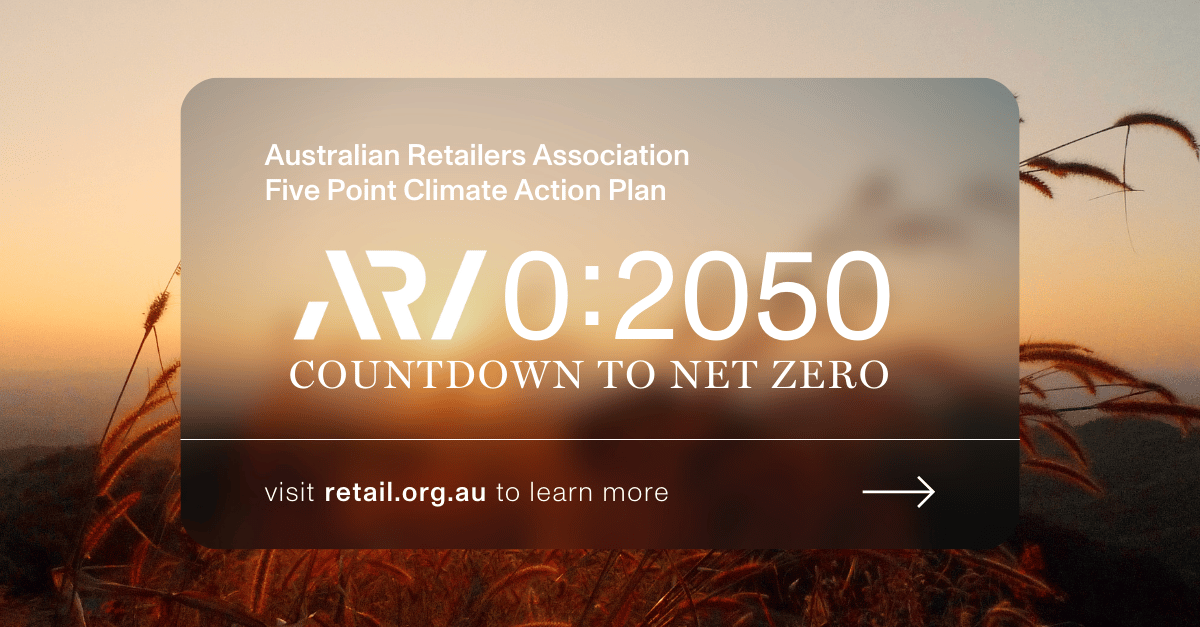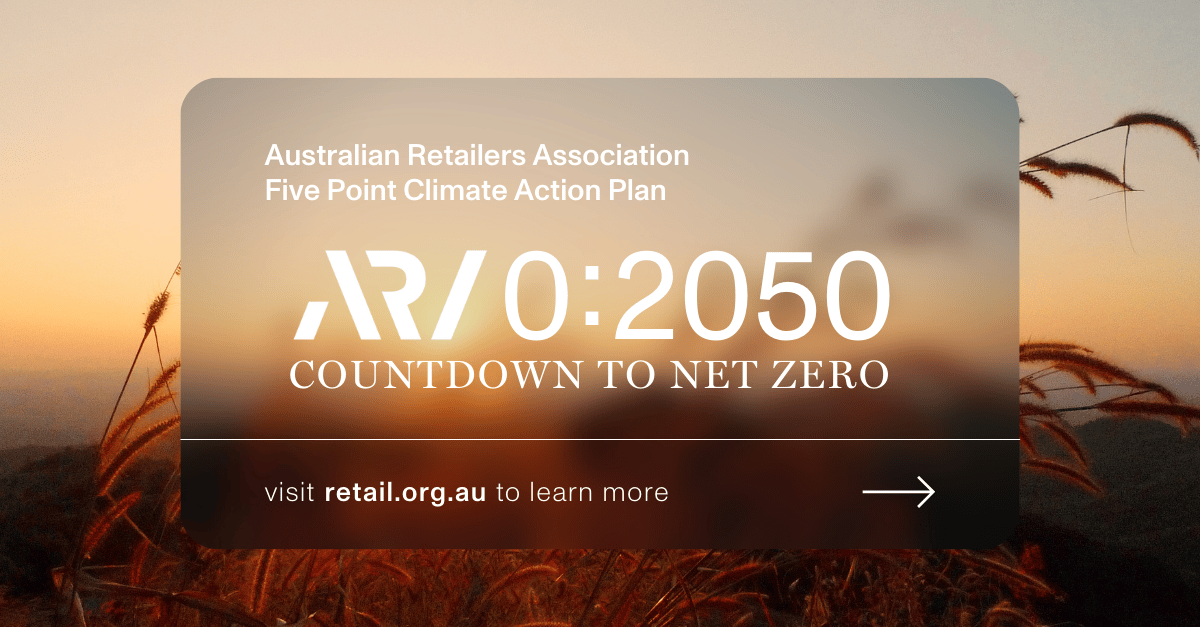
The impacts of climate change have become all too apparent for many of us in recent years, including severe storms and floods, devastating droughts and catastrophic bush fires. In Europe and Asia in recent weeks, it has become evident the transition to a low carbon energy system will not be without its challenges and could lead to the real prospect of energy shortages. And in the US, we have seen the senate stalling on President Biden’s green infrastructure bill.
And all of this is set against the backdrop of divisive political debate in Australia. So, with the economic, political and climate stakes so high, what can we expect from COP26?
The ARA’s Jason Robertson recently caught up with Ed Hanna from Energy Action to find out more.
Hi Ed. Thanks for your time. Maybe we could start by setting the scene ahead of formal talks kicking-off in Glasgow at the end of October. How did we get here?
Well of course, we’ve had more than a decade of fractious policy debate in Australia about climate change, but we are starting to see the tide turning with some promising language coming out of Canberra in recent weeks.
You can actually date the change in the politics of climate change to the bushfires that swept the country in the summer of 2019/2020. In the wake of those fires, which were larger than medium-sized European countries and burnt for weeks, the Australian public decided that it was ready to act on climate change. The rain came. We got lucky this time but that may not be the case going forward.
In addition to this changing community sentiment, we have also seen surveys of businesses consistently reflect the importance of this issue. They show that everyone from Board members down to the employees want to change.
Earlier this month, your own survey of ARA members indicated that 63% of members agree that urgent action is needed to mitigate the impacts of climate change.
The ARA research is corroborated by Energy Action research released in August this year that revealed that 85% of employees of Australian businesses believe that regardless of what the government does, businesses need to act on climate change.
So, there is widespread support for change across the community. And the rumblings out of Canberra are, this week at least, more encouraging.
What is your read on the negotiations within the federal coalition government over the past month or so?
Well, the politics are contentious: big changes create uncertainty. And the past 14 years of federal politics in Australia leaves us with no doubt that selling the vision of a cleaner world with a clear pathway to get there, is more difficult than we might have thought.
No matter where we land in terms net zero by 2050, and more aggressive targets for 2030, we need to make sure that our transition to the low-carbon economy is a just transition, so that we avoid an uneven distribution of costs and benefits. The proposed changes mean new engineering and technology solutions will be required, to support what’s already in the market, and a considered view of the social impact on communities across Australia.
The sweep of changes is immense. In particular, the closure of mines that have underwritten economic stability of many regional communities threaten the viability of these towns, with the potential of significant socio-economic impacts. The closure of coal-fired electricity generation assets compounds these concerns and the global move away from coal puts one of our country’s largest exports at risk.
So, the stakes are high and these changes will inevitably create winners and losers. So, we need to make sure that this concept of a just transition is central to policy debate, development and implementations.
Looking beyond the politics, we have the science. Scientists have anticipated the possible increase in temperatures that carbon emissions will cause. It’s been articulated time after time that these temperature changes will and are impacting people’s lives. The 2019 bushfires that wreaked havoc in Australia came from years of drought and poor forestry management. While the likelihood of more frequent fires was predictable, the scale and ferocity of these fires were not.
Is there anything of significance that’s happening overseas that will have an impact on COP26?
Well, Europe and across Asia this month, economies are bracing for severe winter and a real prospect of energy shortages. Short term wholesale LNG prices in London, Amsterdam and Tokyo are tipping $AUD 40/GJ. Windfarms are failing as weather patterns change.
There are predictions of people dying and factories halting production. If shortages in energy supply eventuate, they will magnify frustration, fuel inflation and cause decision-makers to turn back to emission-intensive fossil fuels to generate electricity. The politics that have allowed progress to date, may change.
In short, engineering a path of significant social and technological change against a volatile change in climate is more difficult than we all expected. In the next breath, it is obvious that delaying the change is not going to make it easier.
So, with the political and climate stakes so high, what can Australians expect out of COP26?
Well, I think it goes without saying that their will be increased pressure on Australia to announce a plan towards net zero in 2050, or earlier. This conversation will be tied up with the socio-economic considerations to ensure a just transition at home.
In addition to the impact on mining communities and other impacted parts of society, the conversation will also shift to the impact on the broader community – estimating the impact on peoples’ lives and livelihoods, which is even more challenging than predicting the increases in temperature as a result of climate change.
And finally, the overlay of climate action to global trade. A significant proposal that will be discussed in detail at COP26 is the European Union’s proposal to implement a Cross Border Adjustment Mechanism (CBAM): a carbon tariff. Australian businesses are inextricably integrated with the global economy. We have our significant supply chain and market exposure to the US, Asia and Europe; and most of our key trading partners have made net-zero commitments. This integration, coupled with local exposure to energy costs, means that the outcomes of COP26 are looming for all businesses, and many are not prepared.
Where can our members find out more information?
We have produced two member briefings for the ARA, one on the background and context for COP26, and another that provides some detail about the EU’s Cross Border Adjustment Mechanism (CABM).
And ARA members are invited to join us for an early wrap of COP26 on the 11th of November. You can register for our free webinar by clicking here.
Along with with Alfa Energy, our partners in the UK, we will be taking an up-close view of COP26 and dig into the news from Glasgow. We’ll also be taking a look at European energy pricing look at any lessons that Australia could draw lessons we can draw from the UK energy transition.
Ed Hanna is General Manager for Advisory and Projects at Energy Action, an energy management business that has been helping Australian businesses simplify, clean and lower the cost of their energy usage for more than 20 years.





















